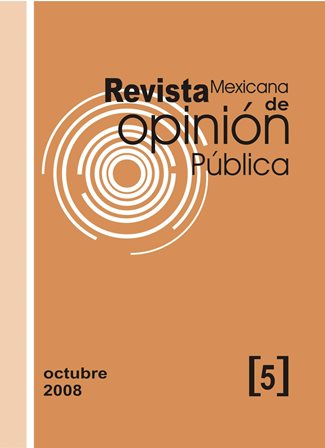The French political system and the electoral victory of Sarkozy
Main Article Content
Abstract
In the last presidential election in France on April 22t h(first round) and May 6th (second round), of 2007, won Nicolás Sarkozy who at his 52 years old, became the sixth Head of State of the Fifth Republic. Since 1981 was not submitted as high citizen participation in presidential elections, reaching the second round almost 85 percent of the electorate. The French political system combines features of parliamentary government and presidential system, so it has been categorized as a semi presidential regime, but what distinguishes France from other countries with similar system is the concentration of real power in the president, whose powers are substantive to decision-making and governance.
However, the presidentialization of power in France has been accompanied by the principle of majority in the National Assembly, which has allowed on several occasions the phenomenon of “cohabitation”, where the president is forced to govern together with a Prime Minister from the opposition party of the presidential one, which has a majority in Parliament. One month after Sarkozy’s election victory, legislative elect ions were held (June 10th and 17th of 2007); its results favored the Sarkozy’s party candidates (Union for a Popular Movement), winning 313 seats out of 577. With this, Nicolás Sarkozy strengthened as one of European leaders with most legitimacy and political weight.
Article Details
Citas en Dimensions Service

Revista Mexicana de Opinión Pública por Universidad Nacional Autónoma de México se distribuye bajo una Licencia Creative Commons Atribución-NoComercial-SinDerivar 4.0 Internacional.
Basada en una obra en http://revistas.unam.mx/index.php/rmop.




